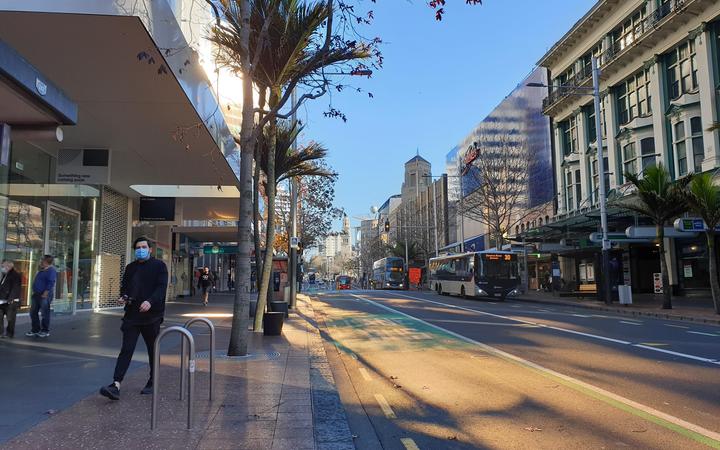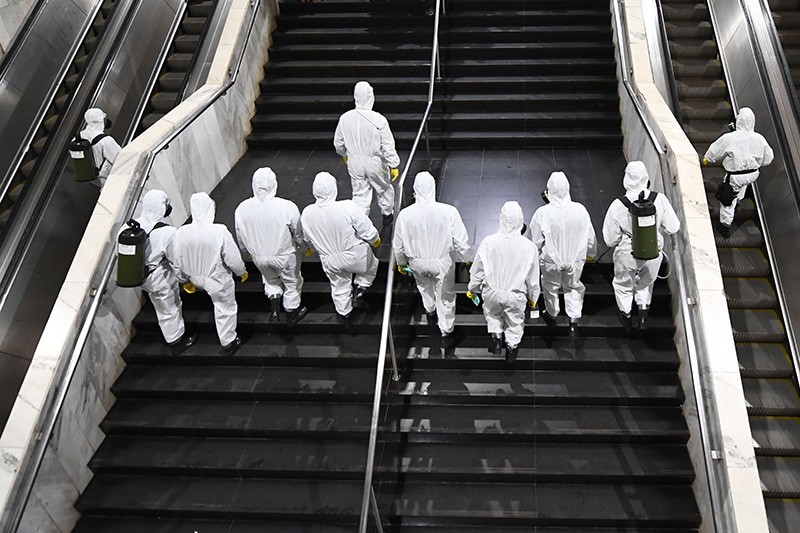dont know why sort of feelobliged to post other countriess circumstasnce
keeping that of importance alive,can only geuss at
NZ to go intoo locdown for a further week from tonight
not the major one,yet
5 stories about COVID-19 vaccine mistrust from Americans of color
![]()
Joyce Christian of Somerville, Tennessee, holds a photo of her father, Freddie Lee Tyson. Her father was unknowingly a part of the Tuskegee syphilis study. Photo by © Karen Pulfer Focht
Black Americans have historically faced discrimination and even abuse by medical professionals, and these examples of systemic oppression have once again been magnified during the pandemic. Americans who have
personally experienced discrimination, as well as a professor of medical humanities at George Washington University, spoke with PBS NewsHour about how this painful legacy of mistreatment informs the present moment.
Despite greater vulnerability to the virus, disproportionately fewer Americans of color have so far been vaccinated across the U.S. compared to white people. It’s a persistent problem that is rooted in both systemic inequity and, in some cases, a lack of trust in the medical establishment. Here are five stories that highlight why
some people of color may mistrust the COVID-19 vaccine.
Have a burning science question — pandemic related or otherwise — or a favorite science story from this week? Email us at sciencedesk@newshour.org
Navajo Nation, the largest American tribe with more than 300,000 members, is among the many communities of color that have been devastated by loss. Its tribal government has taken myriad steps to slow the spread of the virus, but the majority of Indigenous people in the U.S. do not live on designated tribal land.
Here’s why those who live in cities like Phoenix
feel “invisible” as the pandemic wears on, due to poor health care infrastructure, incomplete data collection when it comes to COVID-19, and a lack of federal funding and resources for urban Indian organizations.
![]()
All of the major pandemic indicators — cases, hospitalizations and deaths — have fallen steadily over the past few weeks in the United States, following a record-breaking surge that started with the winter holidays. But health officials still say current hospitalization levels are
comparable to peaks reached last summer, according to the Associated Press. Hospitals are also seeing remarkably low numbers of influenza patients this year, as the
flu has all but vanished during a winter marked by limited social contact, mask-wearing and, in many places, virtual schooling.
![]()
So far, at least 47 million Americans have received at least one shot of either the Pfizer-BioNTech or Moderna COVID-19 vaccines. Although the pace of vaccinations has ramped up after a slow start in December, at the current rate of about 1.6 million people getting shots daily, it would take around a year to vaccinate all adults in the U.S. On Tuesday, the leaders of five manufacturers told Congress they would be
stepping up production and distribution of their vaccines in the coming days.
Health care workers were first in line to get vaccinated against COVID-19 when the vaccine rollout was in its early days, but many of those workers decided to delay their shots instead. The PBS NewsHour spoke to some in the medical field who have opted to wait, and
what prompted them to make that choice.
![]()
An FDA panel recommended Johnson & Johnson’s vaccine for emergency use on Friday, and experts expected it will be authorized shortly. The company’s
single-dose shot has the potential to scale up the pace of vaccinations faster compared to existing ones, which require a two-dose regimen. The Conversation broke down how Johnson & Johnson’s vaccine works, how it differs from Moderna and Pfizer-BioNTech’s vaccines and why there will be
no reason to try to get one of these vaccines over another if and when Johnson & Johnson’s becomes the third to be authorized so far.
Ask the science desk
There is no evidence that any COVID-19 vaccine will affect an individual’s fertility under any circumstances. As the CDC notes on its website, the two mRNA vaccines that have been authorized so far
do not interact with our DNA whatsoever, and it’s impossible for them to alter it.
In early February, the American College of Obstetricians and Gynecologists, the American Society for Reproductive Medicine, and the Society for Maternal-Fetal Medicine
released this statement on the subject:
"As experts in reproductive health, we continue to recommend that the vaccine be available to pregnant individuals. We also assure patients that there is no evidence that the vaccine can lead to loss of fertility.
While fertility was not specifically studied in the clinical trials of the vaccine, no loss of fertility has been reported among trial participants or among the millions who have received the vaccines since their authorization, and no signs of infertility appeared in animal studies. Loss of fertility is scientifically unlikely.”
What we’re reading, watching and listening to this week:
‘Solidarity, not charity’: Mutual aid groups are filling gaps in Texas’ crisis response. (Grist)
- “Extreme weather (including, potentially, extreme cold) will only accelerate as climate change progresses, and groups facing structural inequality — including low-income communities, communities of color, and people with precarious housing situations — feel the burden of these extreme events hardest. With “solidarity, not charity” as their guiding principle, these mutual aid groups aimed to lighten that burden and fill the gap in services left by the government in the days immediately following the storm.”
A clean energy milestone: Renewables pulled ahead of coal in 2020. (InsideClimate News)
- “Low costs of wind and solar power helped renewables pass coal in electricity generation; gas remains the leader.”
What underwater sounds can tell us about the state of coral reefs. (Popular Science)
- “Soundscape ecology, the study of sounds that come from a particular landscape, is an emerging field of science, and this latest study is part of a growing body of knowledge examining what sounds might reveal about a coral reef ecosystem.”
Will the climate crisis tap out the Colorado River? (High Country News)
- “Water availability is going from bad to worse in the seven states that rely on the drought-stricken river.”
Solar storms can wreak havoc. We need better space weather forecasts. (Science News)
- “Scientists are expanding efforts to probe outbursts from the sun and understand their occasionally Earthbound paths.”
How Darwin’s ‘Descent of Man’ holds up 150 years after publication. (Smithsonian Magazine)
- “Questions still swirl around the author’s theories about sexual selection and the evolution of minds and morals.”


























